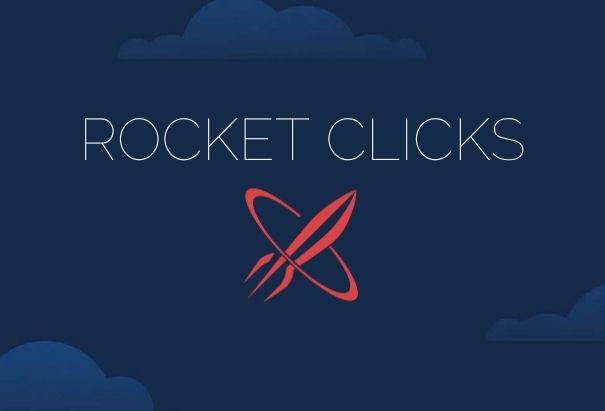On April 22nd, Lisa Regall attended the 2010 Online Marketing ROI Tour put on by MarketingExperiments, MarketingSherpa, and InTouch. Here are a few key points discussed during the conference regarding Conversion Optimization for websites.
The theory of conversion optimization
Notes from Greg Burningham’s first presentation
In terms of conversion optimization, what works for one website might not work best for another website. Though there are guidelines for testing, they are just guidelines, not set in stone rules. You should test everything that might be limiting your conversions to find what works best for your specific company and target audience. Also, conversion testing is not an event, it’s a process. Even if you see strong results from your first test, you should continue to test to keep increasing your conversions.
Four main concepts to remember regarding conversion optimization are:
1. People don’t buy from websites; people buy from people.
2. Don’t optimize websites; optimize the thought sequences of the website.
3. To optimize thought sequences, you must enter into a conversation with visitors.
4. Guide the conversation so visitors convert with no unsupervised thinking.
When testing to improve your website’s conversions, focus on determining why the site isn’t converting and what you can do to better guide visitors to complete the conversion rather than just focusing on the color of a specific button or the font size of a heading. Make the content conversational and informative for visitors and then focus on guiding them to the conversion rather than letting them just “wander” around the website aimlessly.
When visitors land on your website, you have on average seven seconds to capture their interest so your page should answer the following questions for visitors:
1. Where am I?
2. What can I do here?
3. Why should I buy from this specific website?
Visitors should be able to clearly understand what your website is about and what the purpose of it is. If visitors are confused about what your site is about or how to navigate to what they are looking for, they will most likely leave and find a site that makes more sense to them. Distinguish what is unique about your website by stating your unique value proposition.
Identifying an effective value proposition
Notes from Greg Burningham’s second presentation
The value proposition is the primary reason why a potential customer should buy from your website, so identifying an effective value proposition for your company is one of the most important steps in marketing your website and converting traffic.
Your value proposition should set you apart and describe what makes you unique from competitors. There needs to be at least one aspect you exceed in over your competitors that would convince customers you are the best company to buy from.
Be as specific as possible in describing your company. Quantitative statements and results are much more effective than vague claims of your company’s quality that any other company could potentially make. Focus on the value you provide for customers and how you uniquely serve their needs.
Expressing your value proposition
Notes from Jimmy Ellis’s presentation
Once you have determined a value proposition for your company, you need to clearly express it in your online marketing and on your website to convey to visitors. Three key points to remember for expressing your value proposition are congruence, continuity, credibility.
Congruency is important because every aspect of your website page should either state the value proposition or support it in order to guide visitors to complete the conversion. Additionally, each step of the buying process should either state or support the value proposition as well. Visitors should see the same value proposition message from the ad that brought them to your site, whether it’s the PPC add or the title and Meta descriptions of the site’s organic listings, that they see on your website and your checkout process. This way you can ensure that the visitor’s journey through the conversion has a continuous flow.
Also, credibility is a major factor for any website as it’s important to limit the anxiety and sales friction for visitors, especially at the point in which they need to make their decision to buy or submit their contact information. It’s beneficial to include secure site and secure checkout seals right at the purchase section and keep the purchase as risk free as possible for visitors. Testimonials and detailed information about your company, such as how many years you have been in business, can be reassuring for customers as well so you can more easily guide them to a conversion.
Lisa Regall
Organic Search Analyst

